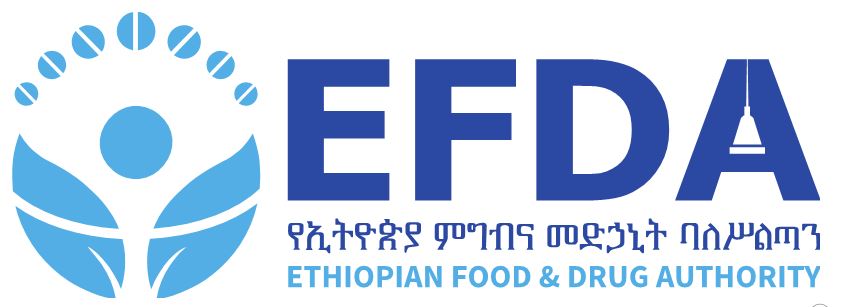Lead Executive Office Profile
The EFDA National Medicine Quality Control Laboratory is established under the Definition of Organization, Powers and Duties of the Ethiopian Food and Drug Authority Council of Ministers Regulation No. 531/2023, article 5 (26), to carry out its regulatory functions. The Medicine Quality Control (MQC) Lead Executive Office, which operates under the Deputy Director General of the Medicine Sector, conducts tests to ensure that active pharmaceutical ingredients, excipients and finished pharmaceutical products meet quality specifications. The MQC LEO assures the quality of medicines both before market authorization and after they have been marketed in the country. The laboratory has been certified by ANAB since 2011 under the ISO/IEC 17025:2017 standards. The quality control test results generated from the laboratory enable the Authority to make evidence-based regulatory decisions.
In order to maintain good laboratory practices, the National Medicine Quality Control Laboratory has implemented a quality management system that complies with the ISO/IEC 17025:2017 international standard, the World Health Organization’s (WHO) Good Practices for Pharmaceutical Quality Control Laboratories (GPPQCL), Good Practices for Pharmaceutical Microbiology Laboratories (GPPML), and other relevant requirements in all laboratory operations.
EFDA has five other branch quality control laboratories across the country. These laboratories are located at five EFDA branch offices. These laboratories are equipped with different medicine quality testing equipment.
The roles and responsibilities of the national quality control laboratory includes:
- Carry out the required quality control tests to ensure that active pharmaceutical ingredients, excipients and finished pharmaceutical products meet quality specifications.
- Analyzing medicine quality control test data to ensure their compliance with standard specifications and providing timely test results reports
- Ensuring all medicines undergo proper testing for quality, safety, and efficacy enabling EFDA to make evidence-based regulatory decisions
- Planning and participating in laboratory Proficiency Testing (PT)
- Developing and implementing standard operating procedures for medicine testing
- Performing test methods development, verification, validation, and estimation of uncertainty
- Securing and maintaining the confidentiality of test data within the laboratory.
- Ensuring compliance with international standards and best practices
- Ensuring the maintenance and calibration of testing equipment
- Collaborating with other regulatory functions and their stakeholders
- Ensuring the proper implementation of national, regional, and international regulations, guidelines, manuals, SOPs, protocols, and other quality management documents related to medicines.


